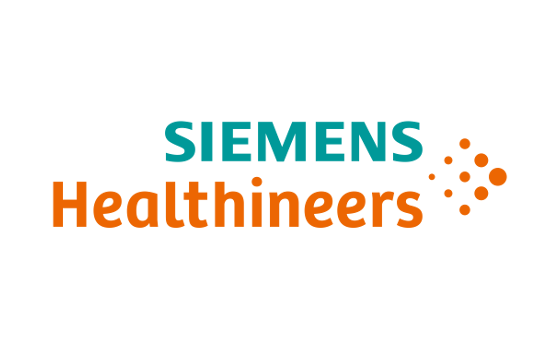 Siemens Healthineers AG completed the acquisition of 100 percent of Corindus Vascular Robotics, Inc. effective October 29, 2019. Prior to the closing of the acquisition, Corindus held a shareholders' meeting on October 25, 2019, at which 87.5 percent of their stockholders approved the acquisition. The relevant governmental authorities previously granted the approvals required to complete the acquisition.
Siemens Healthineers AG completed the acquisition of 100 percent of Corindus Vascular Robotics, Inc. effective October 29, 2019. Prior to the closing of the acquisition, Corindus held a shareholders' meeting on October 25, 2019, at which 87.5 percent of their stockholders approved the acquisition. The relevant governmental authorities previously granted the approvals required to complete the acquisition.
"With the completion of the acquisition, we are opening up a new field for our Advanced Therapies business, tapping into adjacent growth markets with great potential for the future. We are taking an important step forward in the upgrading phase of our 2025 strategy," said Bernd Montag, CEO of Siemens Healthineers AG.
"The combination of Siemens Healthineers' strong medical technology portfolio with its digital platforms and solutions, together with Corindus' precision robotics platform, has the potential to transform healthcare delivery so that, together, we can provide better care at lower cost," said Mark J. Toland, former President and Chief Executive Officer of Corindus. Mr. Toland will continue to manage the business within Siemens Healthineers.
Corindus is now part of the Advanced Therapies reporting segment. Headquartered in Waltham, Massachusetts, the company develops, produces and sells a robotic-assisted platform. It is currently the only FDA cleared and CE marked robotic system for endo-vascular coronary and peripheral vascular interventions. It helps physicians to precisely control guide catheters, guide wires, balloon or stent implants via integrated imaging. The physician does not have to stand directly at the angiography table as is current practice but can control the procedure with a separate controlling module and is therefore exposed to less radiation.
Robotic assisted minimally invasive procedures have the potential to reduce treatment times, increase precision during treatment, raise standardization levels in clinical procedures and ultimately improve clinical outcomes. Corindus is currently one of the leading companies offering a robotic treatment platform for major vascular therapeutic markets.
About Siemens Healthineers
Siemens Healthineers enables healthcare providers worldwide to increase value by empowering them on their journey towards expanding precision medicine, transforming care delivery, improving patient experience and digitalizing healthcare. A leader in medical technology, Siemens Healthineers is constantly innovating its portfolio of products and services in its core areas of diagnostic and therapeutic imaging and in laboratory diagnostics and molecular medicine. Siemens Healthineers is also actively developing its digital health services and enterprise services.In fiscal 2018, which ended on September 30, 2018, Siemens Healthineers generated revenue of €13.4 billion and adjusted profit of €2.3 billion and has about 50,000 employees worldwide.